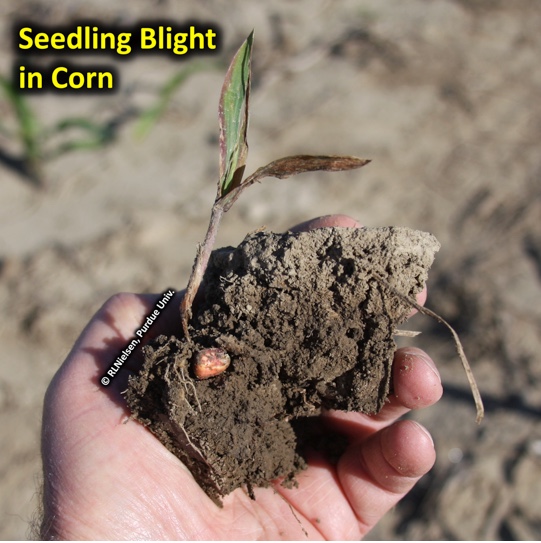
While corn planting progress is way ahead of the miserable 2019 planting season, Indiana’s corn crop has already experienced more than its fair share of misery.


While corn planting progress is way ahead of the miserable 2019 planting season, Indiana’s corn crop has already experienced more than its fair share of misery.
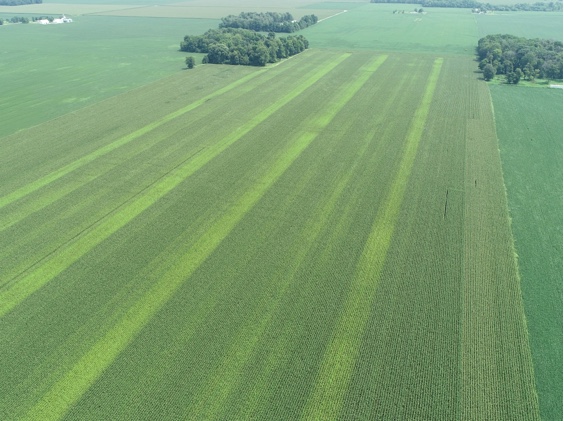
Although nitrogen (N) fertilizer can be costly, it is needed to optimize profit in Indiana cornfields. Applying too little N reduces profit by reducing grain yield. Too much N does not return value and can also damage the environment.
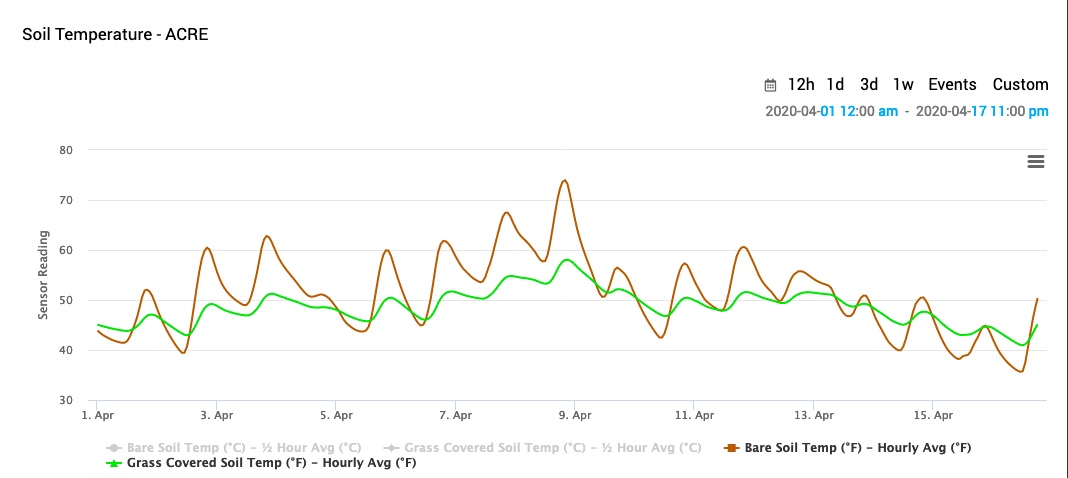
While the coffee shop rumor mills were active this past week with talk of “a lot” of corn planting going in areas of the state, in reality very little planting actually occurred (USDA Weekly Crop Progress, 13 Apr 2020).
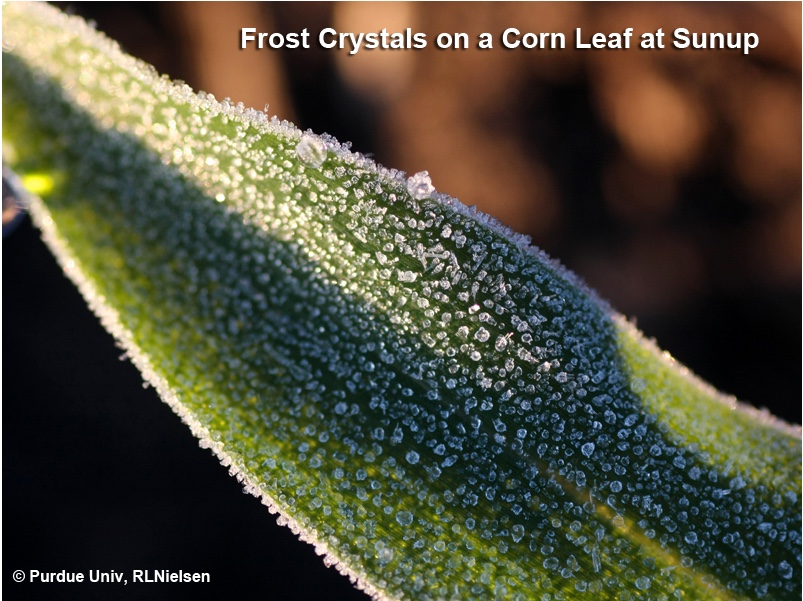
The risk of damaging spring frost events is one of the downsides to planting corn earlier than normal, but is one growers often accept when early spring field conditions are otherwise suitable for planting.
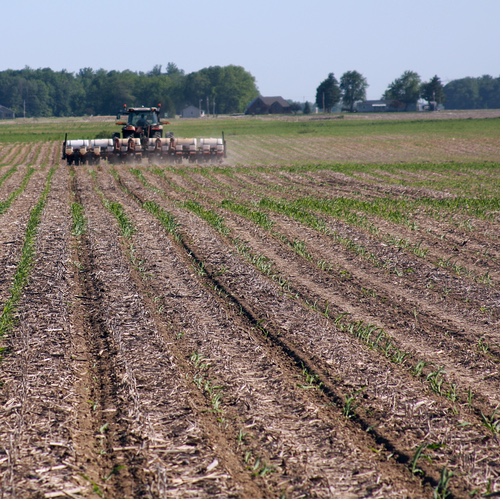
The decision to replant a field of corn because of poor stand establishment or severe damage to an otherwise good looking field of corn is often not an easy one to make.
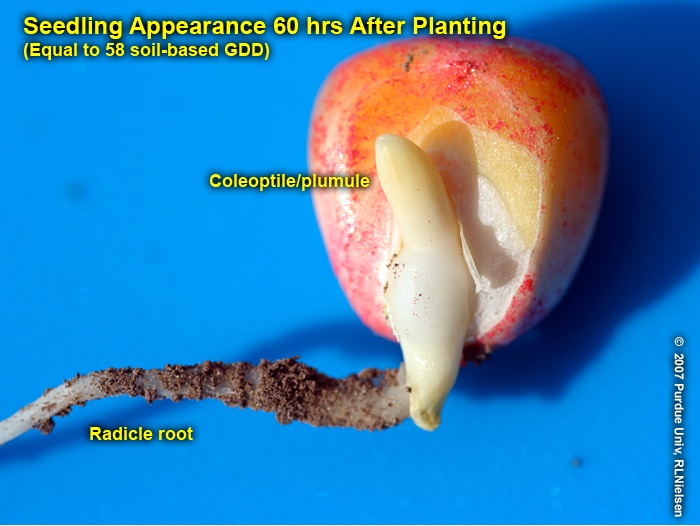
Successful emergence (fast & uniform), while important, does not guarantee successful stand establishment in corn.
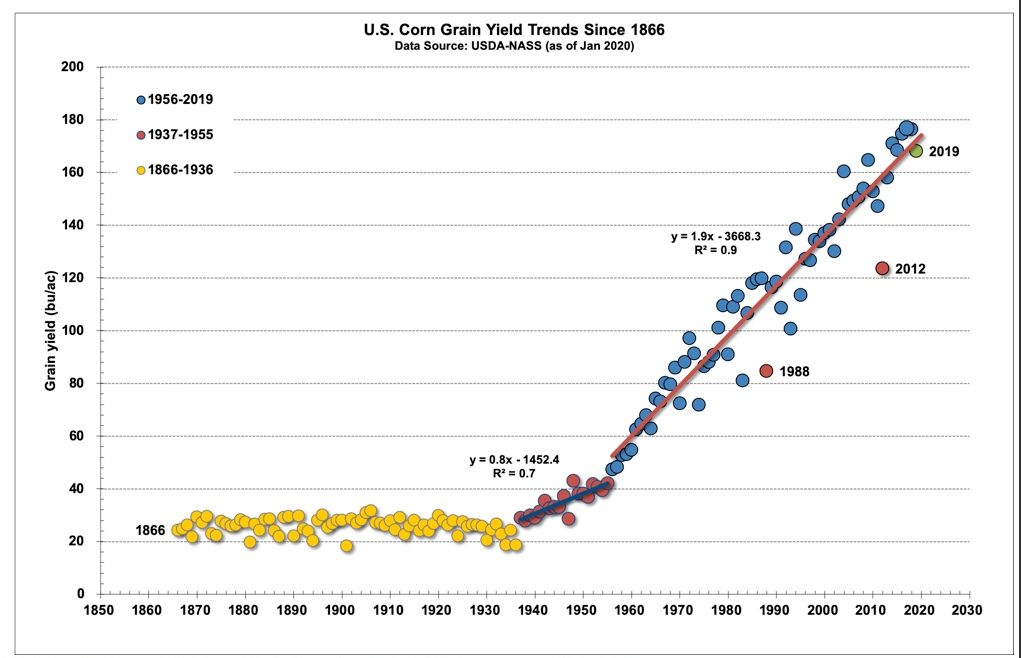
Historical grain yields offer us a glimpse of yields yet to come, although like the stock markets, past performance is no guarantee of the future.
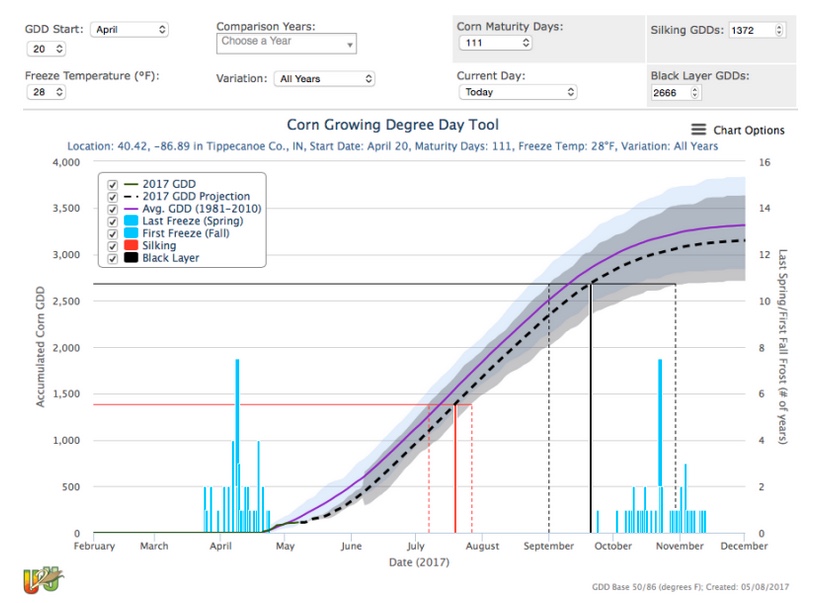
Growth and development of corn are strongly dependent on temperature. Corn develops faster when temperatures are warmer and more slowly when temperatures are cooler.
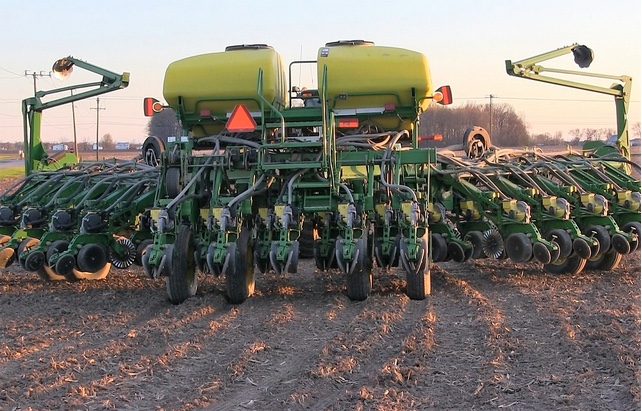
There is now a new Purdue Crop Chat episode available, and this week #4 talks about the ramp up of planting across Indiana and considerations for seeds going into soil that isn’t quite warm enough for establishing the best stands.
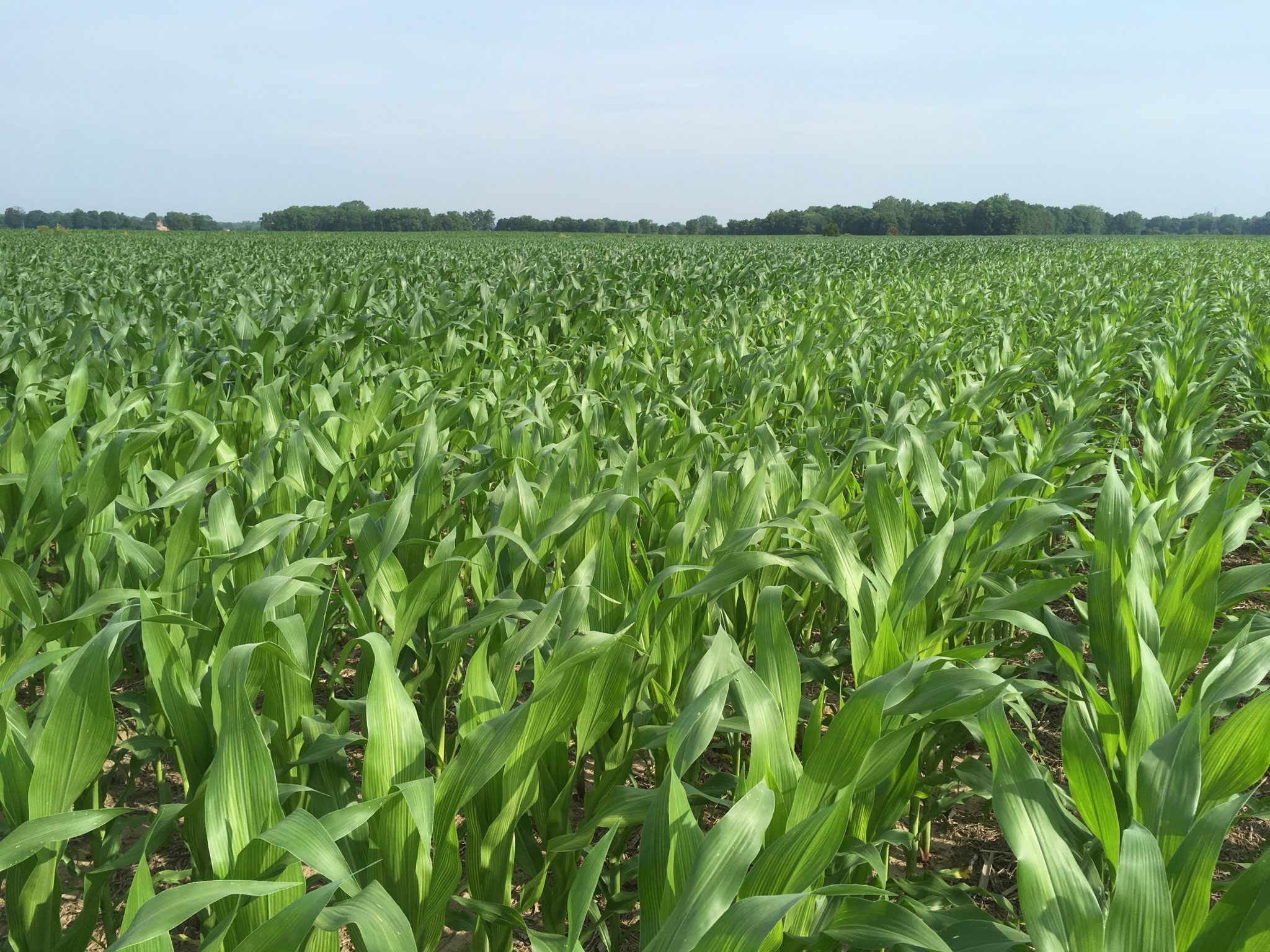
Sulfur (S) deficiency has become more common in Indiana with reduction in atmospheric deposition of S arising from coal-fired power plants.
© 2024 Purdue University | An equal access/equal opportunity university | Copyright Complaints | Maintained by Pest&Crop newsletter
If you have trouble accessing this page because of a disability, please contact Pest&Crop newsletter at luck@purdue.edu.